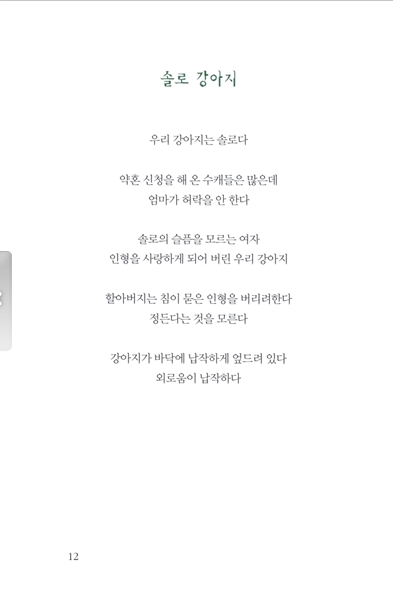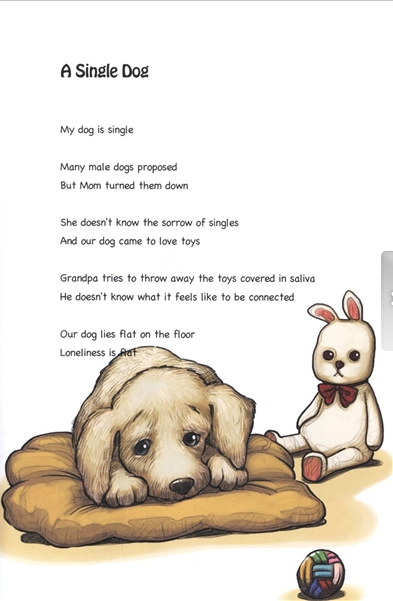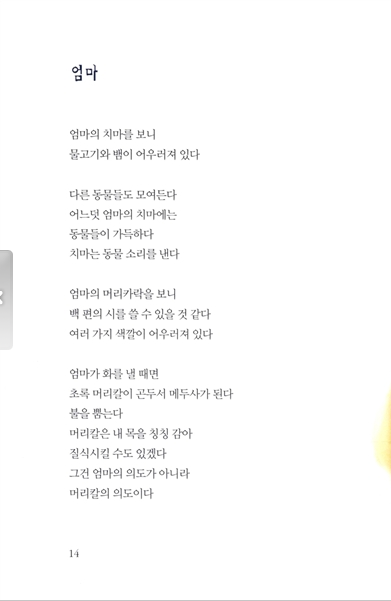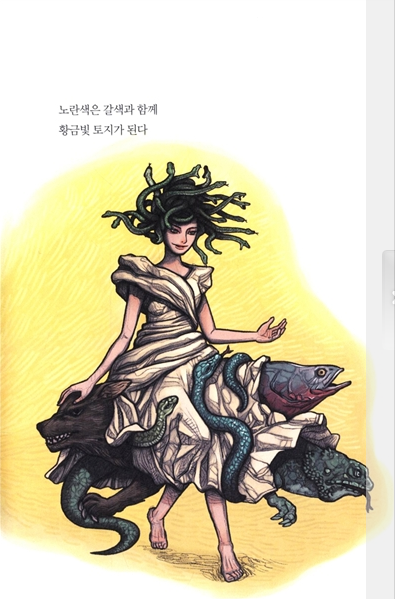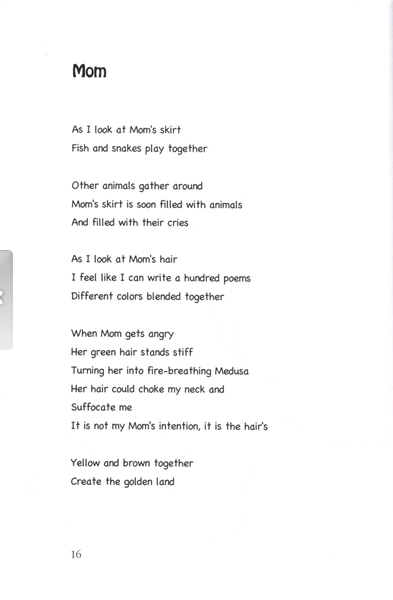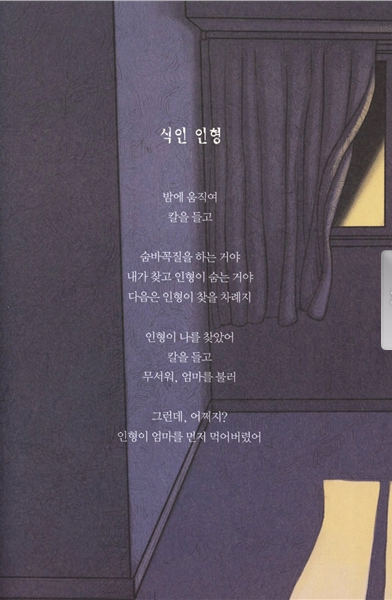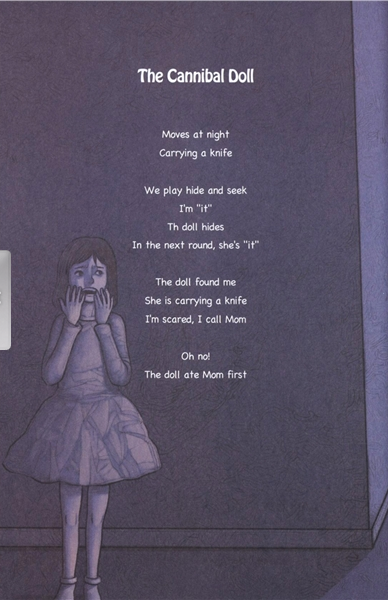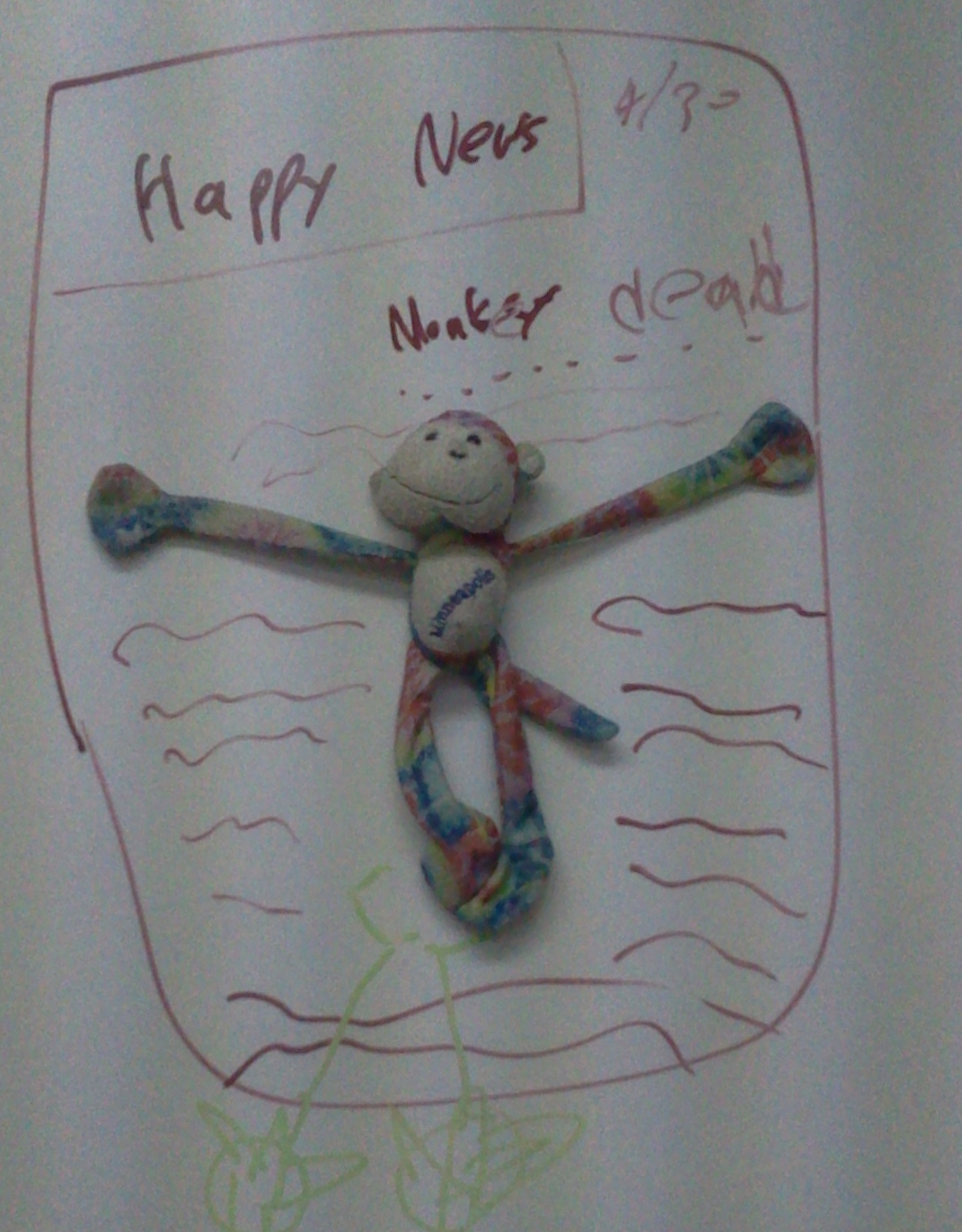The last two days have been truly exhausting and chaotic.
Yesterday, especially – we had rehearsal for our talent show next week. We also had a partial power failure at hagwon. I got to teach classes in the dark. It was like a weird dream.
What I'm listening to right now.
Silvio Rodríguez, "La Gaviota."
Letra.
Corrían los días de fines de guerra,
y había un soldado regresando intacto,
intacto del frío mortal de la tierra,
intacto de flores de horror en su cuarto.
Elevó los ojos, respiró profundo,
la palabra cielo se hizo en su boca,
y como si no hubiera más en el mundo,
por el firmamento pasó una gaviota.
Gaviota, gaviota, vals del equilibrio,
cadencia increíble, llamada en el hombro.
Gaviota, gaviota, blancura del lirio,
aire y bailarina, gaviota de asombro.
A dónde te marchas, canción de la brisa,
tan rápida, tan detenida,
disparo en la sien y metralla en la risa,
gaviota que pasa y se lleva la vida?
Corrían los días de fines de guerra,
pasó una gaviota volando, volando
lento, como un tiempo de amor que se cierra,
imperio de ala, de cielo y de cuándo.
Gaviota, gaviota, vals del equilibrio,
cadencia increíble, llamada en el hombro,
gaviota, gaviota, blancura del lirio,
aire y bailarina, gaviota de asombro.
Corrían los días de fines de guerra,
pasó una gaviota volando
y el que anduvo intacto rodó por la tierra,
huérfano, desnudo, herido, sangrando.
[daily log: walking, 6 km]

